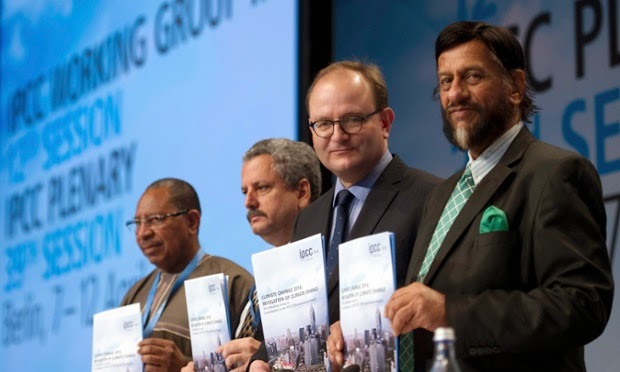 |
| African civil society at COP 20 Lima |
The United Nations Climate Conference opening today in Lima, Peru carries the prospects of putting the world on the pathway to a comprehensive climate agreement in 2015, experts say.
Amidst cautious optimism, African civil society groups under the umbrella of the Pan-African Climate Justice (PACJA) have called for a draft text to be adopted in Paris next year that will commit countries to reducing their greenhouse gas emissions. Speaking at the Pre-UNFCCC COP 20 Consultative Consultative workshop in Lima, Sam Ogallah stated that PACJA’s strength is embedded on the preparedness of the African civil society at all levels to ensure that the New Climate Change Agreement to be concluded in Paris in 2015 is responsive to African aspirations and realities.
Robert Chimambo added that Africa expects nothing short of a comprehensive draft agreement for 2015 in Lima as the stakes are already high with Africa being at the receiving end of the disastrous consequences of climate change. The UN environment programme warned earlier this month that industrialised countries were falling short of the emissions reductions needed to prevent warming of 2C above pre-industrial levels, the goal set by world leaders. Carbon dioxide emissions are expected to reach a record high of 40bn tonnes in 2014. Meanwhile, 2014 is shaping up to be the hottest on record.

















